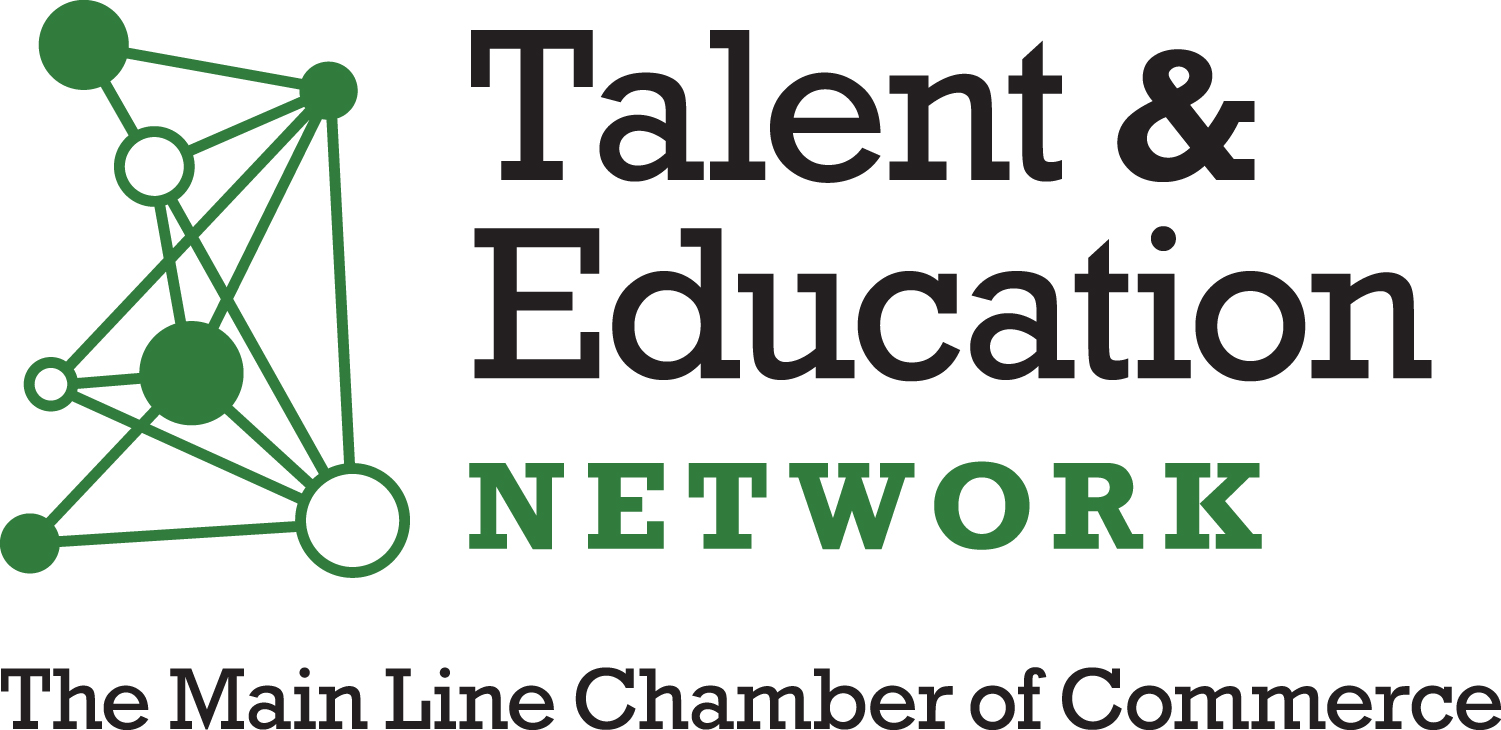The Talent and Education Network sat down with Franca Felcher, a Principal with SolomonEdwards, to discuss the keys to effective interviews.
How has interviewing changed in recent years, for both candidates and employers?
The hiring process for both candidates and employers has changed in recent years and continues to evolve. Years ago, it was not unusual for candidates to interview with one hiring manager and be offered a role after a single interview. However, candidates can now expect to go through multiple interviews with multiple employees of the company before being offered a role.
In addition, a lot of employers are moving to different ways of recruiting and hiring mostly due to technological advancements and initiatives for more diverse talent. Employers are frequently using Skype, video conferencing and phone interviews to prescreen candidates before asking them to come in for an in-person interview. Candidates should be familiar with the various methods employers use to interview and recruit. Recruiting online for employers and job searching online for candidates using social media is very popular because it is all about making connections to find the right talent or job.
Speaking of social media, how does that come into play?
Candidates need to be aware of how they present themselves on social media because employers are now searching online profiles before determining who to interview. How a candidate appears on social media can form an employer’s first impression. Also, employers are posting job openings on all social networks especially LinkedIn, Facebook, Twitter, and online job boards. Candidates are using these sites as well to post their resumes.
Are assessments or skills tests still used?
Many employers are also using online skills and behavioral tests as part of the interview process. These types of assessments provide employers with some insight into the personality of the candidate to help assess whether they are a good fit for the role and the company culture. It also reduces the amount of time employers spend on prescreening.
Has the regulatory environment changed how interviews happen?
New laws have also affected the interviewing process in recent years. Creating job descriptions, drafting job postings, phrasing interview questions, tracking interviews, retaining interview records, and running background checks are all examples of areas in which employers must be compliant with Equal Employment Opportunity regulations that mandate that their hiring practices are fair. Despite continuing changes in the future, the interview will always be the central part of any hiring process.
Give us your four keys to effective interviews.
I have more than that. Here are my Top 4 Tips.
- Research the company’s website, social media profiles, news releases or articles. Look up the interviewer(s) on LinkedIn and connect with them.
- Prepare for common interview questions especially behavioral or situational based ones which are more common.
- Think positive and make your answers and selling points clear by giving examples.
- Dress appropriately and present the right body language like direct eye contact, good posture, and firm handshakes.
What advice would you offer to college graduates and early careerists?
A resume will never express the most valuable qualities a candidate can offer an employer like personality, drive, passion, and willingness to learn. Let those attributes shine through to your potential employer during the interview process. Once you get a position, always go the “extra mile” whether it’s coming in early, staying late, asking for additional projects or more responsibility. It will show how much you really care and get you noticed! Don’t be average, be a top performer!
What common mistakes do you see candidates make during the interview process…and employers for that matter?
Candidates
- Arrive late or too early for the interview
- Odor i.e. smelling of smoke or too much cologne or perfume
- Appearance is disheveled, unpolished, or not professional
- Attitude displays disinterest, low-energy, or negativity
- Appear unprepared i.e. no research done on the company; not bringing extra resume copies or samples of work if appropriate
- Cell phone on the table including playing with it, looking at it, or even using it
- No questions prepared or reinforcement of interest in the position
- No follow up or thank-you email OR follow up is too aggressive
Employers
- Arrive late and make the candidate wait
- Appear to be distracted or disinterested
- Not prepared with questions or did not review the candidate’s resume before asking questions
- Poor communication or follow up with the candidates
How can a candidate follow up without being too pushy?
At the end of an interview, a candidate should ask about the next steps in the process, as well as when should they hear back. Following up in the right manner after an interview is crucial because being too pushy or doing it poorly can turn the employer off and be a deal-breaker. Sending a thank-you email immediately – or within two days – after the interview is key, as is making sure to have the proper spelling and title of the interviewer(s). LinkedIn is a great source if no business cards were handed out. If not connected on LinkedIn already, reach out and connect.
Proofread and proofread again all correspondence. Typos and misspellings are major turnoffs. Checking in a week to 10 days later is fine, or even periodically, but not every other day. There is a fine line between projecting interest and revealing desperation. Stay fresh on the interviewer’s mind, but be patient and show good etiquette.
Submitted by:
Franca Felcher, CTS
Principal of SEG Interim Resources and SEG Office Solutions
SolomonEdwardsGroup, LLC
www.SolomonEdwards.com
